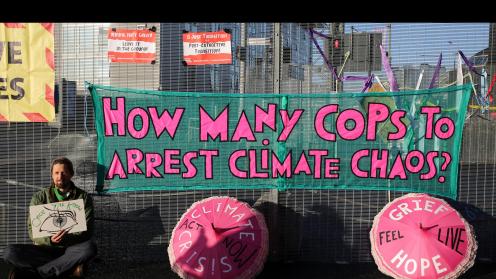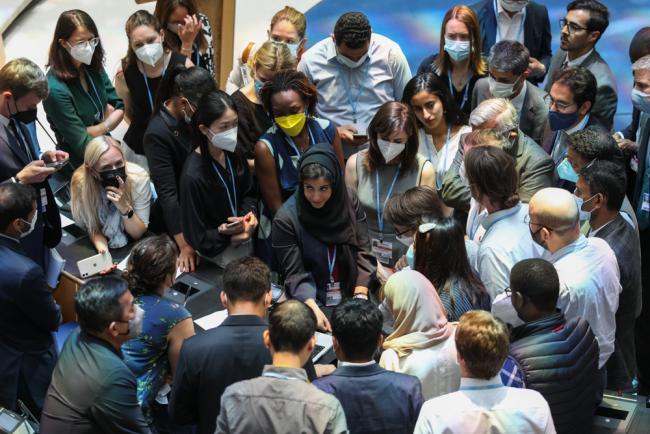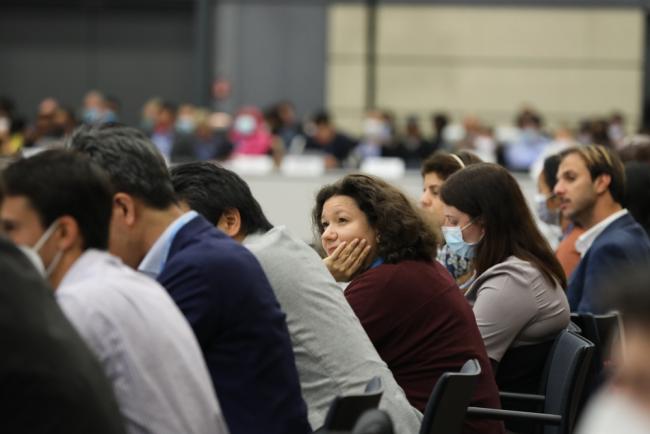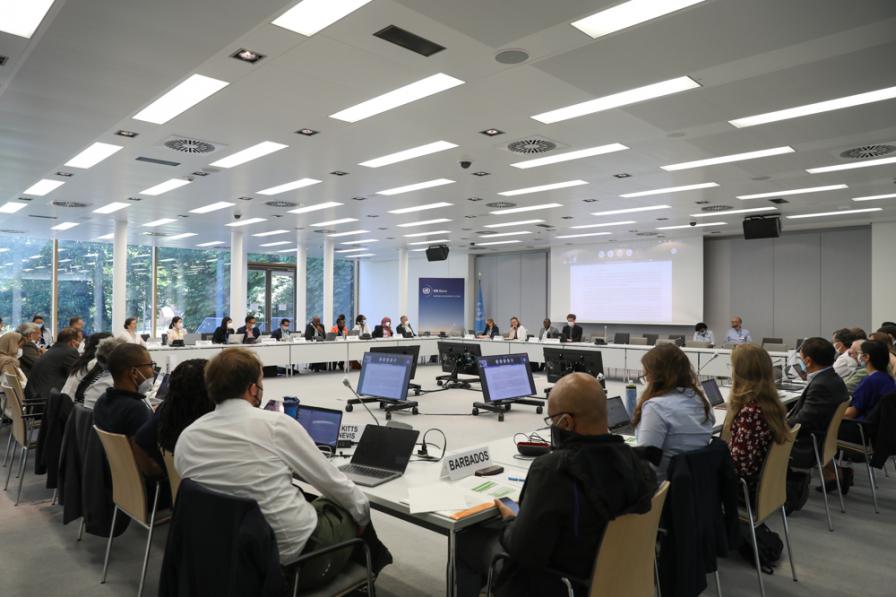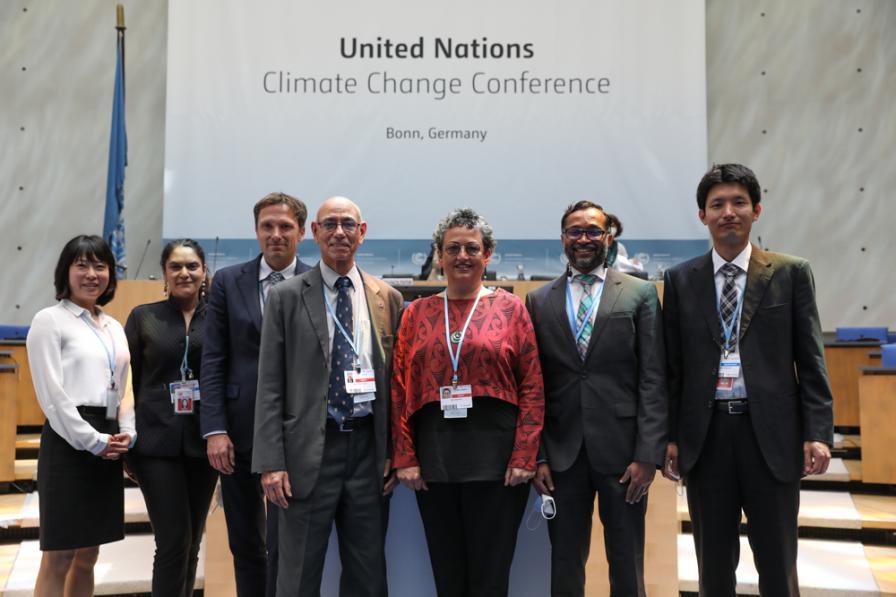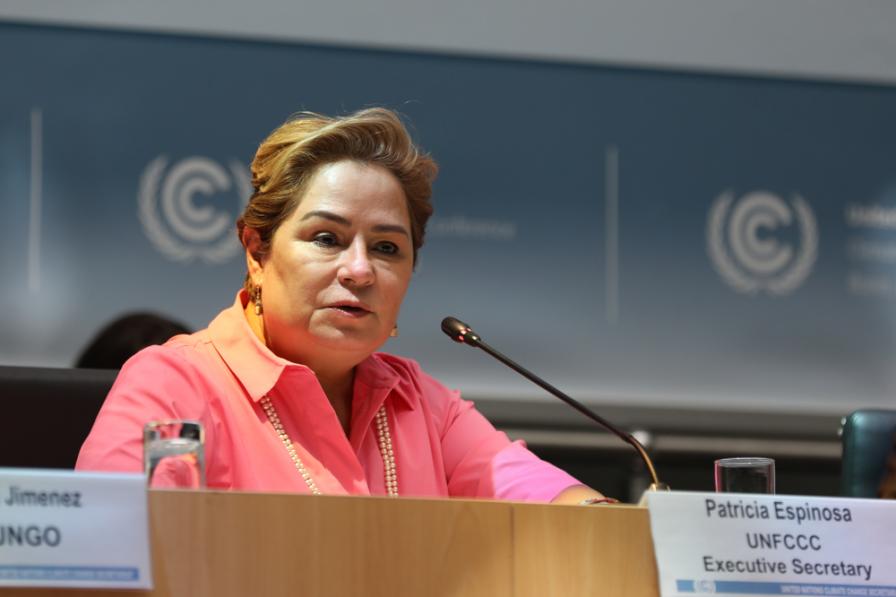On the penultimate day of the Bonn Climate Change Conference, the critical question in many of the negotiating rooms was whether parties could reach substantive agreement at this meeting, or if they would defer discussions to the subsequent meetings of the Subsidiary Bodies (SB). As the clock ticked down toward the SB Chairs’ midday deadline to conclude informal discussions, the list of issues being carried forward grew longer.
Want to dive deeper on today's talks? Ready the Earth Negotiations Bulletin daily report.
Many negotiators working on reporting under the Convention were disappointed to only reach procedural conclusions. All had hoped to clear room in the busy agenda for the 27th session of the Conference of the Parties (COP 27) to the United Nations Framework Convention on Climate Change (UNFCCC). But developing countries' desire to future-proof the reporting guidelines ran up against developed countries’ desire to close things out swiftly. In discussions on the Santiago Network on loss and damage, parties were unable to make progress toward operationalizing the network despite 21 hours of “informal informals.”
Elsewhere, huddles convened in an effort to hammer out issues. They found only mixed success. Delegates discussing arrangements for intergovernmental meetings could ultimately not agree on holding a workshop on enhancing the efficiency of the UNFCCC process. Support for the participation of developing country observers was the issue that derailed agreement. The co-chairs of the negotiations on the Global Stocktake and the new mitigation work programme came to their session with the hope of swift procedural conclusions, but that hope was dashed by last-minute additions. The latter discussions even left a major stumbling block for the closing plenary, as they forwarded bracketed conclusions.
In the surprise of the session, the Article 6 negotiations on cooperative approaches emerged as a light in the darkness. Parties agreed on substantive conclusions for all three sub-items, launching intersessional work aimed at making progress towards operationalizing the Article 6 provisions. “I’m afraid Article 6 has now become boring. That’s great,” exclaimed Co-Faciliator Mandy Rambharos (South Africa) at the close of the informal consultations on Article 6.4 (on the mechanism). Nevertheless, the informal notes capturing parties’ exchanges at this meeting demonstrate that there is still a lot of work to be done at SB 57 and beyond.
All ENB photos are free to use with attribution. For UNFCCC SB56, please use: Photo by IISD/ENB | Kiara Worth.
To receive free coverage of global environmental events delivered to your inbox, subscribe to the ENB Update newsletter.
Informal Consultations Throughout the Day

Delegates huddle during the informal consultations on matters relating to the Glasgow work programme on Action for Climate Empowerment (ACE)

Co-facilitators and the UNFCCC Secretariat consult during the informal consultations on matters relating to the Glasgow work programme on ACE

Delegates during the informal consultations on the revision of the UNFCCC reporting guidelines on annual inventories for Annex I parties
Civil Society Actions

Members of civil society demonstrate in the corridors, calling for loss and damage to be put on the agenda, and for more climate finance
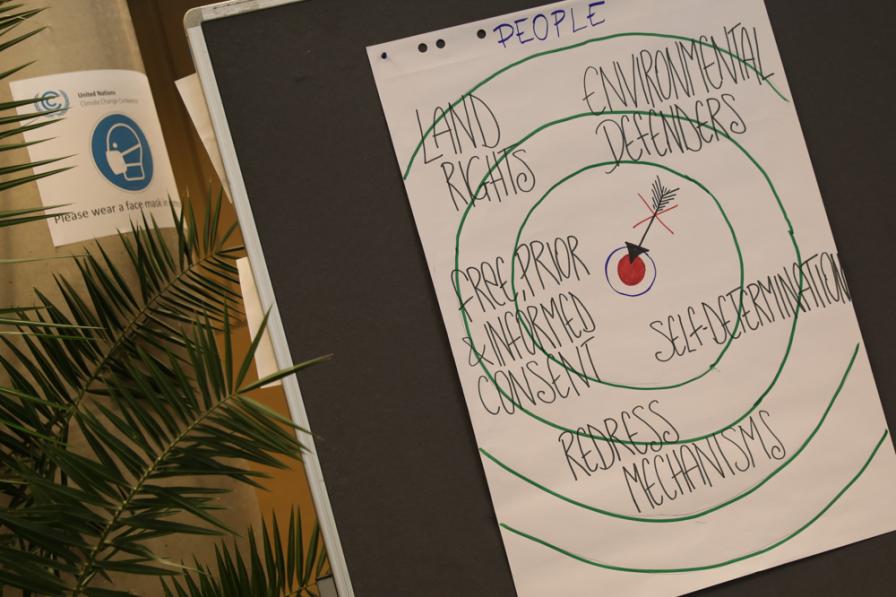
In a second demonstration, delegates are asked what their 'targets' are, whether they are targeting people or the climate crisis in the decisions they make during the negotiations
